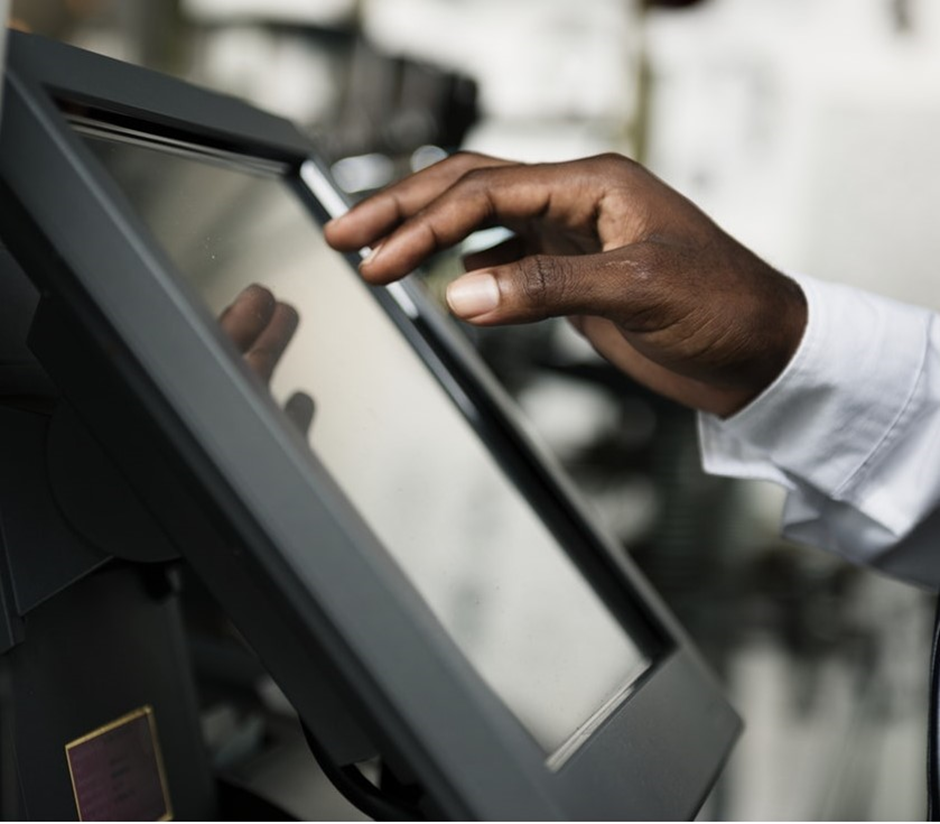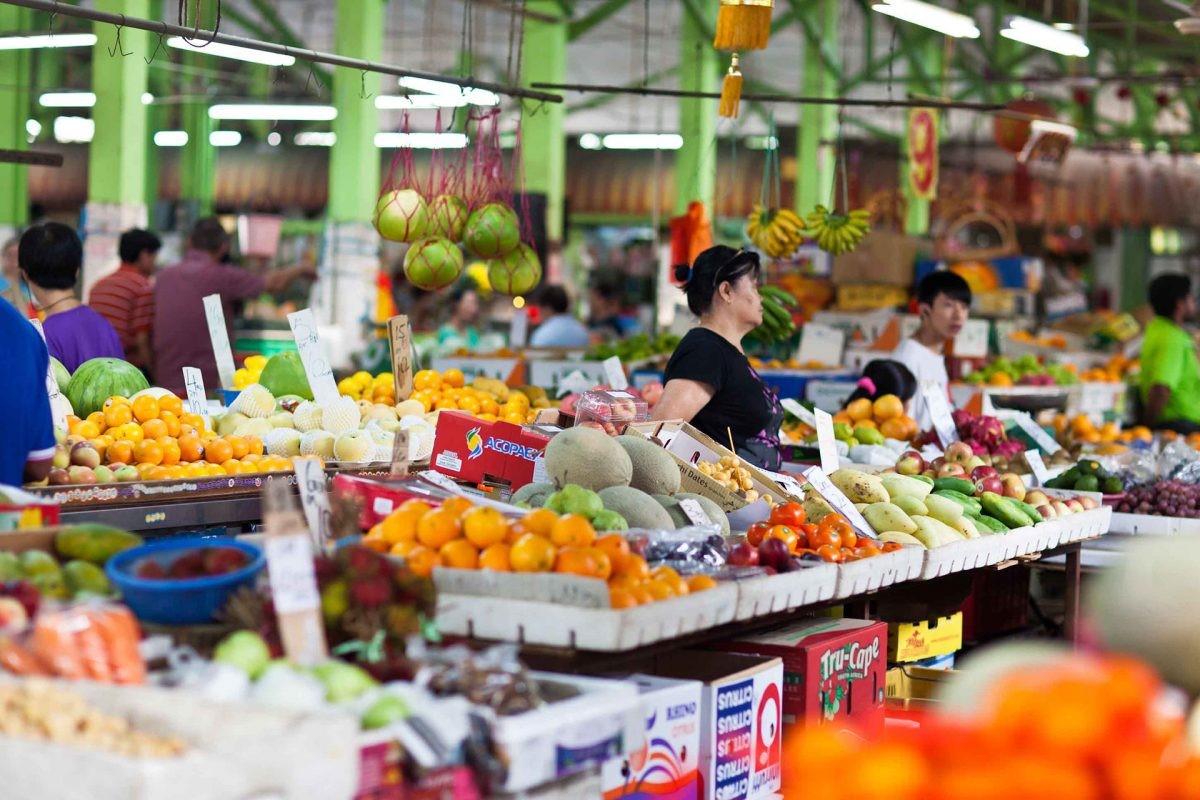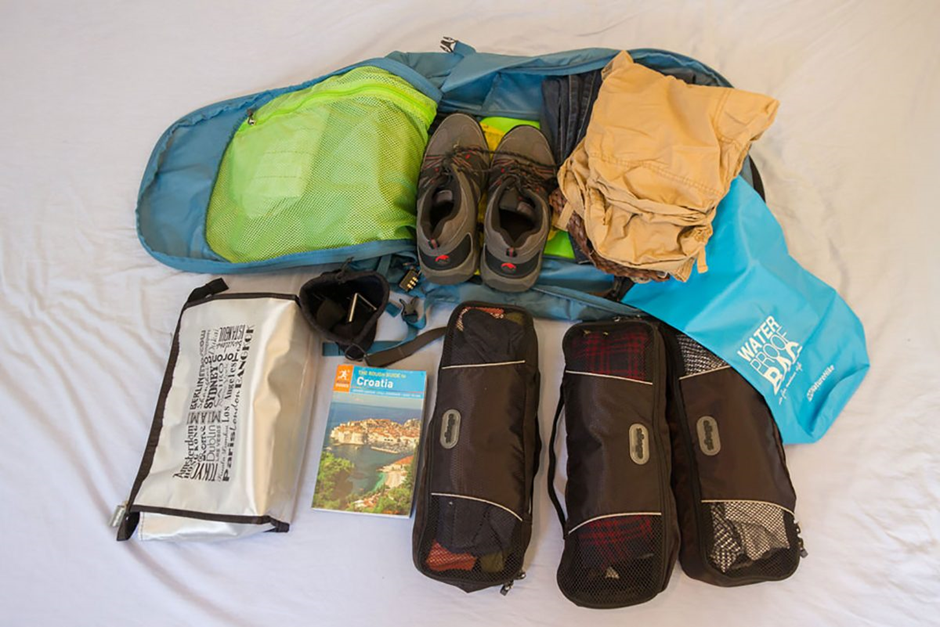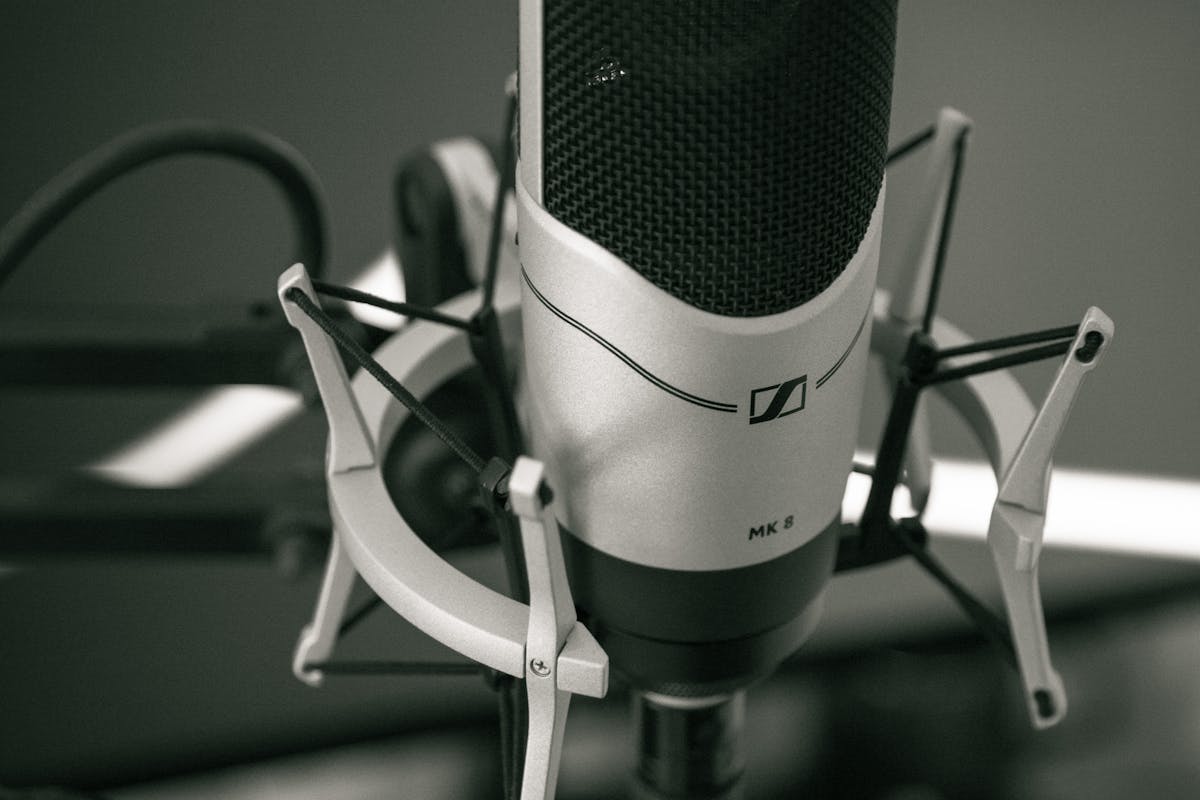The once I tried using a self-check-in kiosk was when we were required to use it to check in for our flight to Japan. I first thought it would be easy but it wasn’t. Not when you have three pieces of luggage to check in. Guess we’re just so used to having humans help us with the luggage tags. Anyway, my point is, the self-check-in kiosk has been present for use in other industries. Now, it seems the hotel industry wants to have a taste of it as well.
There has been extensive research on the use and receptiveness of guests towards this invention, one that lets users and guests check in at their own pace and time, with important information given to them separately beforehand. Examples of information can include reservation number as well as arrival and departure dates.
Given the economic volatility that’s affecting many globally, it will make sense for hotels to consider installing the self-service kiosks. Foreshadowing the increase in labour costs and how it is going to be a challenge in terms of hiring the appropriate manpower, the self-service kiosks will be an investment to make.
Pretend you’re in a long queue and it’s peak season. Logically, you’ll skip the queue and use the self-service kiosk to assist you. Even then, Kokkinou and Cranage state that the Self-Service Kiosk will only improve customer waiting times and service levels if the number of employees is insufficient to provide service in a timely manner. This situation can also occur during non-peak demand hours.
In his study on the situation in New Zealand hotels, Kolah found that the majority of hotel managers would prefer to have the human factor and the machine-assisted check-in working hand in hand. The same can be said about a hotel in the Netherlands, based on the latest reviews. Additionally, most of the guests who were interviewed by Kolah echoed the same sentiments as most of the hotel managers. Kolah also found that leisure travellers tend to appreciate human interaction more than business travellers who prefer speedy, automated check-in. Meanwhile, in a separate study, it was stated that self-service kiosks are a viable option, especially when there is reduced reciprocity from the employees.
The technical aspects of these self-service kiosks should also be considered. These kiosks should ideally be user-friendly, provide clear and accurate commands and instructions as well as functioning displays. If users are uncomfortable, chances are they will not use the kiosks. Perhaps the best way to resolve anxiety and reluctance is to gradually introduce the kiosks in phases. It is worth noting that differently-rated hotels will have different needs and markets to cater to, and therefore should have ones that are tailored accordingly.
Another issue to think about is maintenance. If you’re willing to invest in a machine, make sure you have enough to cover maintenance costs. Surely, you’ll need humans to come and repair and maintain your kiosks.
Taking recent developments into account, these kiosks should also be designed in a way that works well with as many mobile devices as possible. While there are groups of customers who may not be well-versed with mobile devices, there are others who prefer these kiosks to be mobile-friendly. For a neighbouring country one of its hotel chains under a major US brand name is looking into the possibility of using ‘selfies’ to speed up the check-in process.
Yet another challenge pertaining to the self-check-in kiosk is that you’ll need a separate key card to enter your room securely. Instead of using digital keys as indicated in the past, Cheong et al. propose a combination of cryptography and quick response (QR) codes to generate encrypted quick response (EQR) codes, sent to guests in advance. Using the Digital Home at a private Malaysian university as simulation, Cheong et al. asked all participants involved to check in and unlock the room with the prototype of encrypted quick response (EQR) check in self-service kiosk (SSK), before requesting that they complete a questionnaire. Results show that participants could appreciate the usefulness of the product but also wish for ease of use to be improved.
Ultimately, the self-check-in kiosk, as with any other device or machine, is a technology that can be useful. Undoubtedly, as we encounter an increasing number of cases which would best be solved by automation, always remember that these creations are not without its drawbacks. What may work for one, may not work for another.
SOURCES
Cheong, N.S., Ling, H.C., Teh, P. L., Ahmed, P. K., & Yap, W. J. (2017). Encrypted quick response scheme for hotel check-in and access control system. International Journal of Engineering Business Management, 9, 1-9. doi: http://journals.sagepub.com/doi/10.1177/1847979017720039
Giebelhausen, M., Robinson, S. G., Sirianni, N. J., & Brady, M. K. (2014). Touch versus tech: When technology functions as a barrier or a benefit to service encounters. Journal of Marketing, 78, 113-124. doi: http://scholarship.sha.cornell.edu/cgi/viewcontent.cgi?article=1651&context=articles
Kokkinou, A. & Crange, D. A. (2013). Using self-service technology to reduce customer waiting times. International Journal of Hospitality Management, 33, 435-445.
Kolah, V. (2011). To self-service or not to self-service? That is the question for hotels (Master’s dissertation). Auckland University of Technology, Auckland, New Zealand.
Lim, M. Z. (2017, November 23). Take a selfie for automated check-in at hotel among technology to improve productivity in the sector. The Straits Times Singapore. Retrieved from http://www.straitstimes.com/singapore/singapore-tourism-board-to-unveil-technology-road-map-in-2018-to-help-hotels-become
Manley, B. (2015, January 14). Are guests ready for keyless entry in hotels? Hotel News Now. Retrieved from http://www.hotelnewsnow.com/Articles/24833/Are-guests-ready-for-keyless-entry-in-hotels
Neo, K.C. (2010). Embracing self service technology for hotel productivity growth (Master’s thesis). University of Nevada, Las Vegas, US.
Ong, L. I. (2010). “Can self-service technologies work in the hotel industry in Singapore? A conceptual framework for adopting self-service technology (Master’s dissertation). University of Nevada, Las Vegas, US.
Trip Advisor Malaysia (2018). CitizenM Amsterdam. Retrieved from https://www.tripadvisor.com.my/Hotel_Review-g188590-d1372848-Reviews-CitizenM_Amsterdam-Amsterdam_North_Holland_Province.html









Showing 0 comments